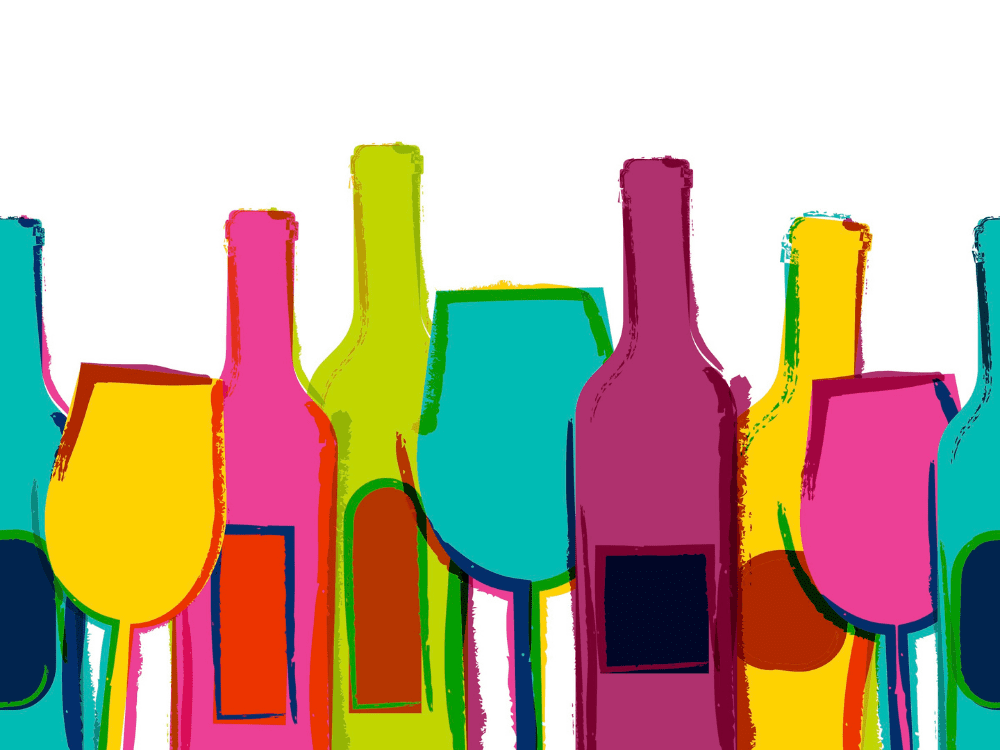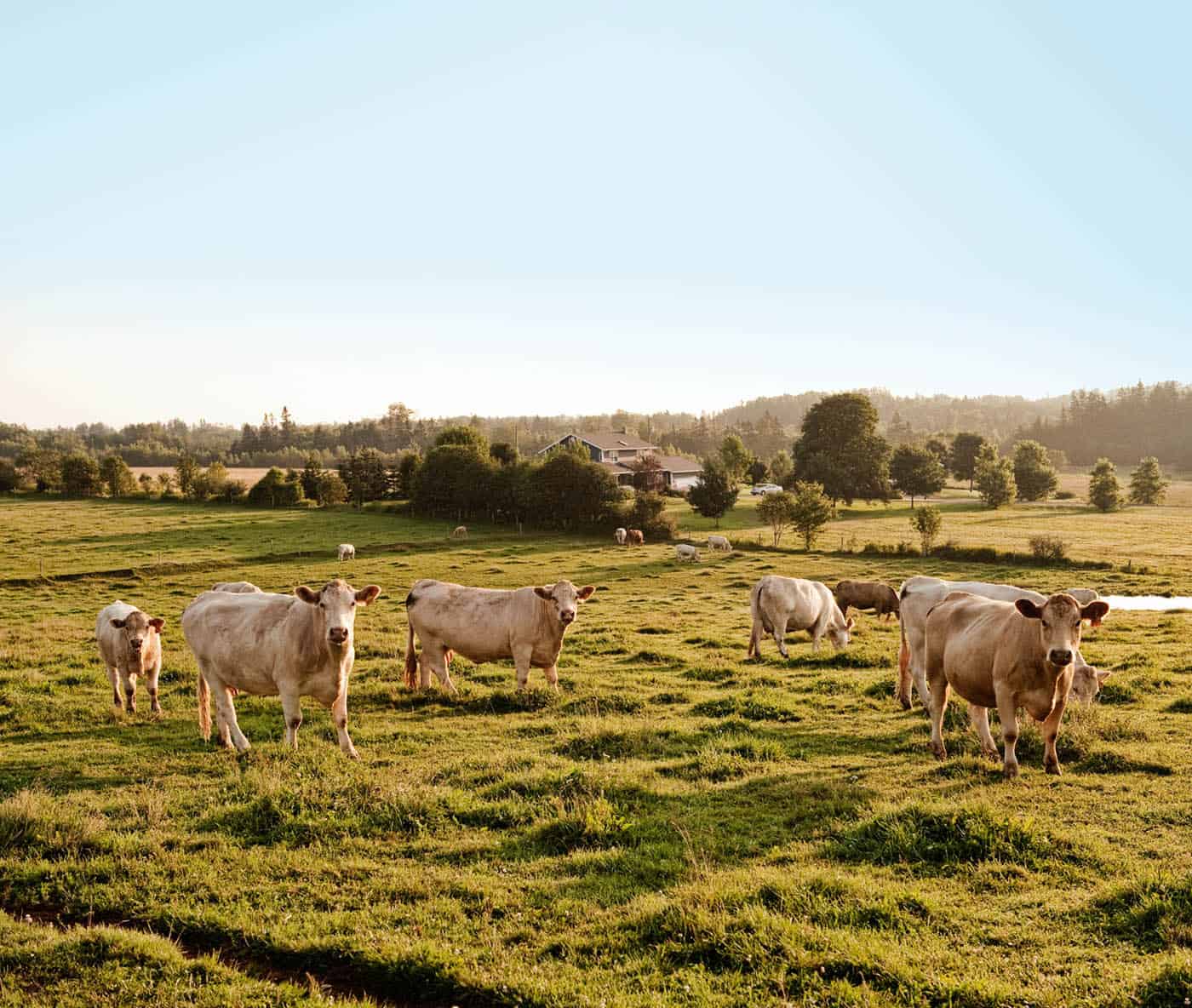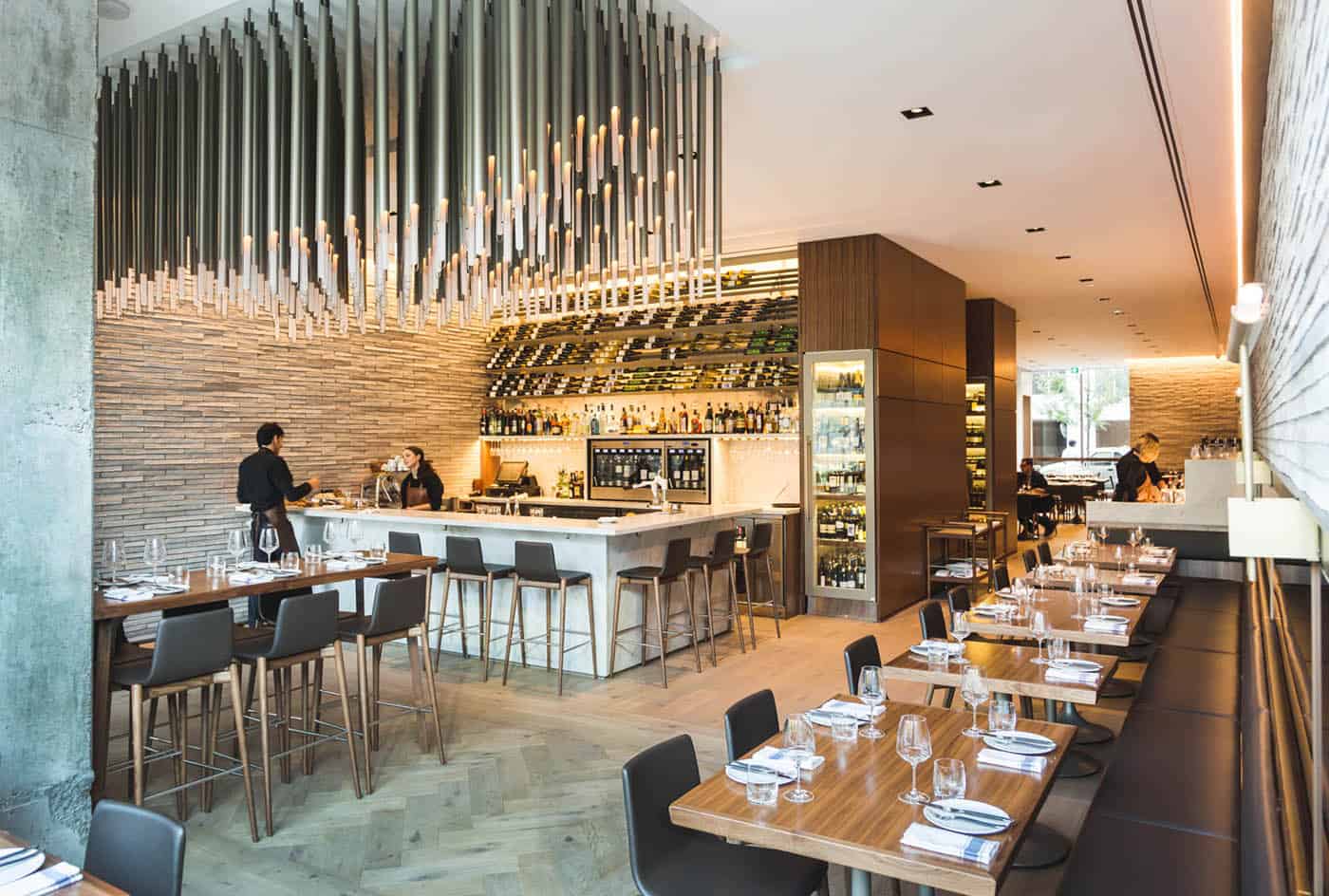
This is civilized! Provincial Liquor Boards Loosen Alcohol Sale Restrictions
The Pandemic has loosened the provinces’ greedy grip on liquor sales. But will it last?
After the coronavirus pandemic struck and left the restaurant industry reeling, many provincial governments and liquor boards did what was previously unthinkable. They willingly gave up some control over alcohol sales.
Numerous Canadian restaurants, including Nora Gray in Montreal, set up wine boutiques. Others, like Dandylion in Toronto, offered weekly multi-course takeout menus matched with sommelier-suggested bottles. Still others, such as Yarrow in Edmonton, created custom cocktail kits to accompany multi-course tasting menus.
Even now that indoor dining is allowed in some provinces, restaurants from Vancouver’s St. Lawrence to Terroni in Toronto are still selling alcohol with take-out and delivery. This new profit source has become indispensable.
For drinkers too, the changes are cause for celebration. But it’s unclear whether you should bet your last Barolo that the new regime will prevail once the virus is under control.
According to Jeff Guignard, executive director of B.C.’s Alliance of Beverage Licensees, which represents the province’s private liquor and cannabis retail industries, clawing back the temporary regulations post-pandemic wouldn’t make sense. Restaurants will be struggling to rebuild after what he predicts could be two years of losses. “We’re going to need to continue these [permissions] to protect the health and viability of this industry long-term.”
Nonetheless, each province will enforce its laws as it sees fit. In Alberta, which has a privatized system, alcohol sales with takeout and delivery are now permitted indefinitely.
On the other hand, says Theo Diamantis of Montreal-based wine import agency Oenopole, monopolies like the Société des alcools du Québec (SAQ) and the Liquor Control Board of Ontario (LCBO) are not in the business of sharing wealth.
Historically, even the LCBO’s Ontario Public Service Employees Union has campaigned against decentralization, petitioning against the province’s expansion of beer and wine sales to convenience stores and groceries.
For now, these rapacious publicly owned bodies make money by charging a premium, passed on to consumers—even on wine imported by private companies. In Ontario, small independent local producers even suffer the indignity of a 35-per-cent “import tax” charged on every bottle (really).
But provincial agencies don’t have final say on who can sell alcohol. According to SAQ information agent Linda Bouchard, alcohol sales with takeout is permitted in Quebec by a law linked to the Régie des alcools, des courses et des jeux, not the SAQ. In Ontario, an amendment of Regulation 719 of the Liquor Licence Act allowed bars and restaurants to sell alcohol with takeout and delivery starting last March.
In good news for imbibers, on October 7 the Ontario government announced proposed legislation that would “commit to exploring options to permanently allow licensed restaurants and bars to include alcohol with food as part of a takeout or delivery order” before the existing regulation expires on December 31.
Cosimo Mammoliti of the Toronto-based Terroni restaurant group, who co-owns the new restaurant and specialty grocer Stock T.C., doesn’t see private stores or restaurants selling alcohol as stepping on the LCBO’s toes. Since Stock T.C. can’t officially sell alcohol but restaurants can, having a restaurant upstairs at Stock T.C. has allowed Mammoliti to sell on the main floor by-the-bottle privately imported wines from Cavinona, his wife’s agency. “I really think the more the merrier,” he says. “I’m selling wine that [the LCBO doesn’t] sell [and] the government is [getting] tax dollars all the same, so it’s a win-win situation.”
Cavinona is also benefiting from Ontario’s mixed-case rule, as a lot of people don’t want 12 bottles of the same wine. It’s a logistical headache for the company to create the mixed cases them- selves, but it’s worth it, Mammoliti notes. “It’s finally a step forward to making things a little more civilized, let’s say.”
In Ontario, the mixed-case law is already permanent. Mark Cuff of Ontario import agency and wine club The Living Vine is a member of Drinks Ontario’s government relations committee, which worked with the province’s Ministry of Finance to get the regulation approved last April. Subscribers to his agency’s wine club can now receive mixed cases of bottles of organic, biodynamic and natural wines.
In Quebec, however, the mixed-case ruling has already ended. But there, consumers could soon be ordering privately imported wines by the bottle through the SAQ website. Increased consumer interest in private imports, thanks to relaxed regulations, might be spurring the corporation to add the feature, says Diamantis.
Even if all the new rules don’t last, at least that deserves a “Cheers!”
HERE’S WHAT SOME PROVINCIAL GOVERNMENTS ARE NOW ALLOWING.
BRITISH COLUMBIA
SYSTEM: PRIVATE/PUBLIC HYBRID
Alcohol takeout and delivery from restaurants, pubs and bars—wine, beer, cider and spirits (cocktail kits only). Customers need to buy food to buy alcohol.
SASKATCHEWAN
SYSTEM: PRIVATE AND PUBLIC
Alcohol delivery from restaurants, pubs and bars—wine, beer and spirits (cocktail kits only). Customers do not need to buy food to buy alcohol. Delivery can only be made by an employee of the bar/restaurant or by a business with a home-delivery liquor permit.
QUEBEC
SYSTEM: PUBLIC
Alcohol takeout and delivery from restaurants, pubs and bars—wine, beer and cider but no spirits. Customers need to buy food to buy alcohol.
MIXED CASES: No
ALBERTA
SYSTEM: PRIVATE
Alcohol takeout from restaurants, pubs and bars—wine, beer, cider and spirits (cocktail kits only). Customers don’t need to buy food to buy alcohol.
ONTARIO
SYSTEM: PUBLIC
Alcohol takeout and delivery from restaurants, pubs and bars—wine, beer, cider and spirits (cocktail kits only). Customers need to buy food to buy alcohol. The delivery person must be Smart Serve–certified. Delivery apps can sell alcohol from breweries and other manufacturers. Limited selections of wines, beers and ciders can be found on their menus. Private importers can sell mixed cases.
NOVA SCOTIA
SYSTEM: PRIVATE/PUBLIC HYBRID
Alcohol takeout and delivery from restaurants, pubs and bars—wine, beer and cider but no mixed drinks. Delivery only by a restaurant employee and if the value of the alcohol is no more than three times that of the food.
MIXED CASES: No



